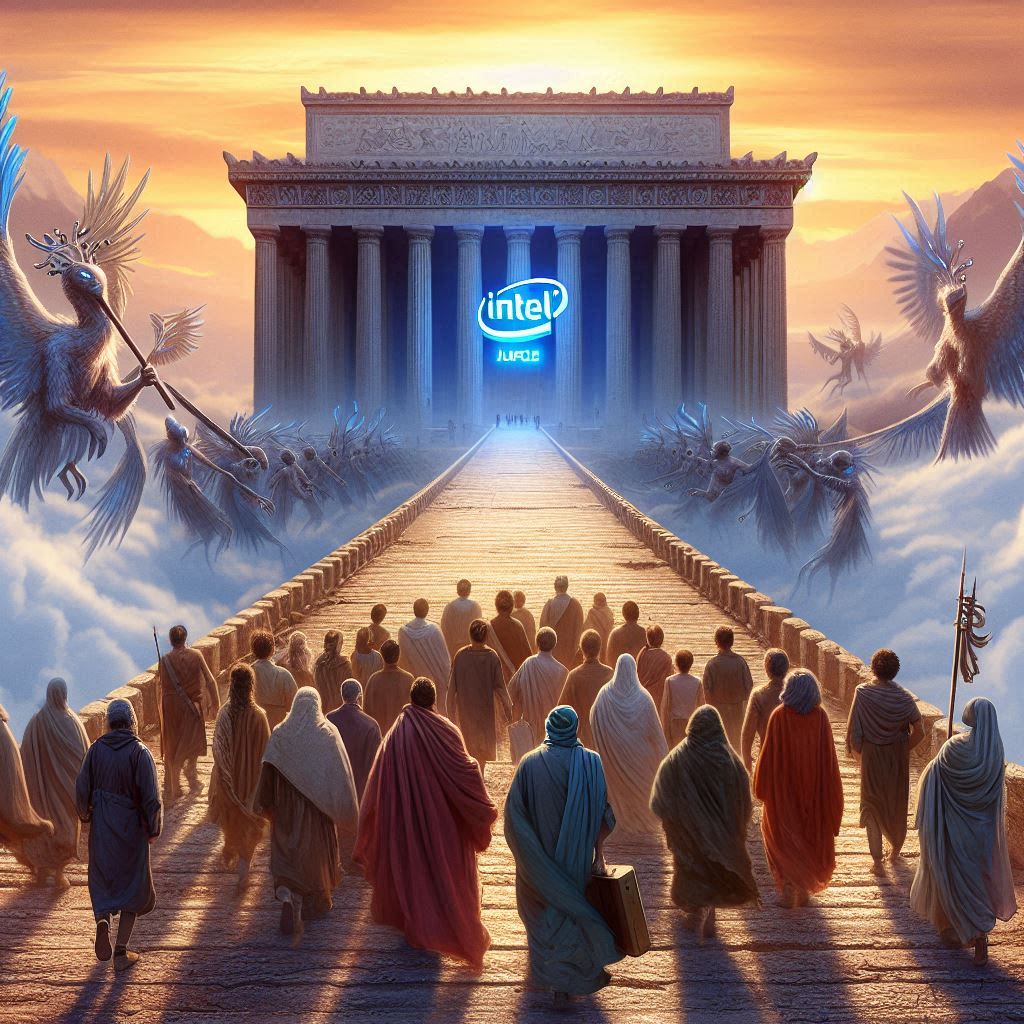
In a decision that now stands as a significant missed opportunity, Intel chose not to pursue a $1 billion investment to acquire a 15% stake in OpenAI in 2017. At that time, OpenAI was still a non-profit research organization, and Intel's then-CEO Bob Swan decided against the investment, doubting the immediate market success of generative AI.
According to Reuters, Intel’s hesitation was based on the belief that generative AI would not yield a return on investment in the near term. This decision has since proven to be costly. OpenAI transitioned to a capped profit model in 2019, formed a pivotal partnership with Microsoft, and gained widespread acclaim with the launch of ChatGPT in 2022.
In February 2024, Microsoft expanded its deal with OpenAI, valuing the company at over $80 billion. Had Intel invested in OpenAI, its 15% stake would now be worth approximately $12 billion. In stark contrast, Intel has faced substantial challenges this year, with its market value dropping 58% to about $83 billion, largely due to recent layoffs, declining stock value, and legal troubles related to its Raptor Lake CPUs.
Intel's decision not only cost the company a potentially lucrative stake in one of the tech industry's most promising entities but also missed out on strategic advantages, such as providing OpenAI access to Intel's hardware and reducing reliance on Nvidia. Nvidia's success with OpenAI contributed to its rise as a leading hardware provider for AI development, eventually becoming the world’s most valuable company for a time.
Despite these setbacks, Intel is making strides in its own right. The company is preparing to launch its new AI PC client processor, Panther Lake, and server processor, Clearwater Forest. These developments may signal a positive shift for Intel as it navigates its current challenges and aims to regain its footing in the competitive tech landscape.